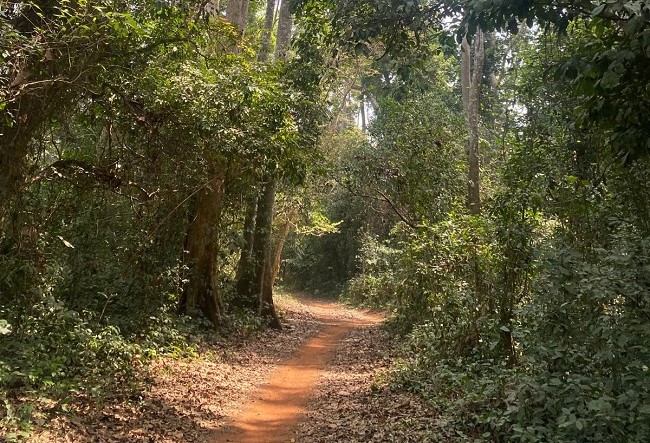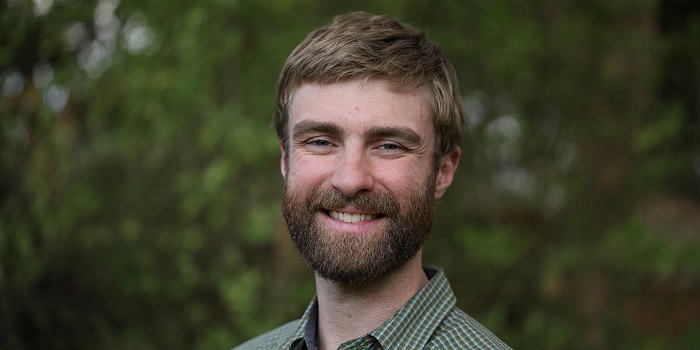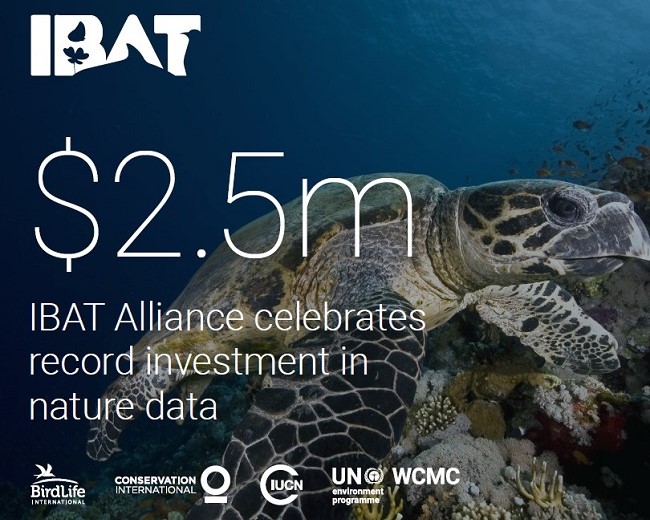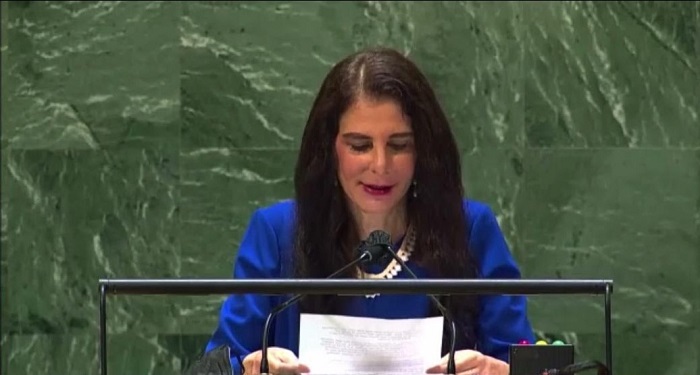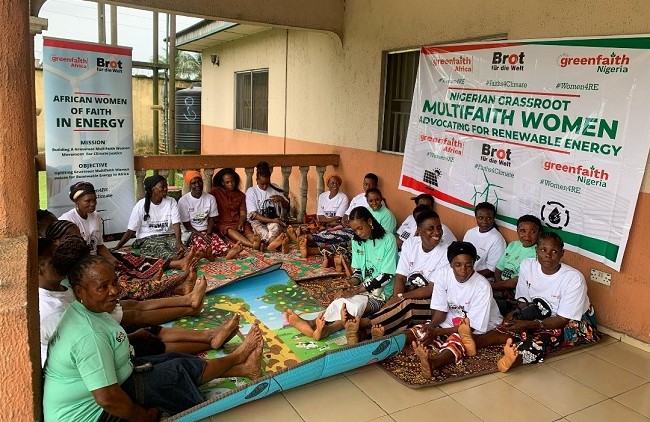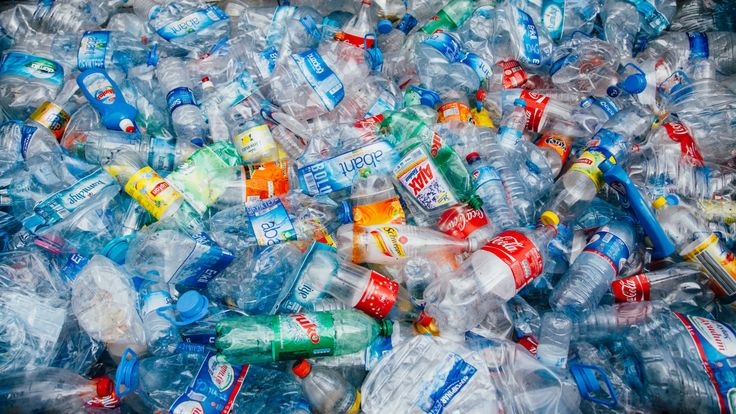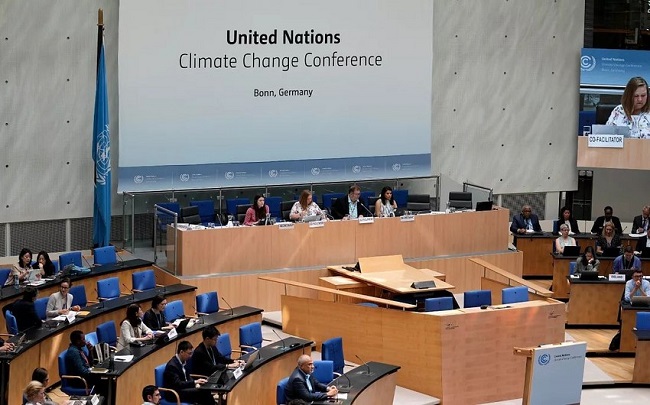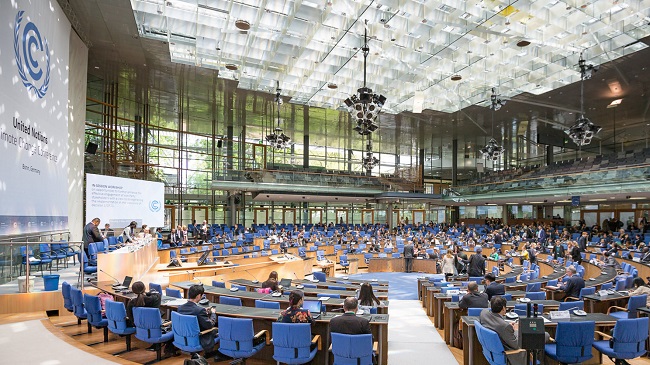The shiny lights, the endless slot machines, and the 24-hour activities of casinos may be symbolic of glamour and fun, but they do have a heavy environmental toll. The gambling industry is one of the resource-intensive sectors in the hospitality sphere, and you will find out why this is the case right here. The race towards achieving a greener future means that casinos must ensure they clean up their act.

Due to this growing awareness, there has been a surge in sustainability projects aimed at reducing environmental footprints. Whether casinos in Las Vegas can be green or not is no longer the question, but rather how quickly the relevant changes can be implemented and how effectively the physical side of gambling, which attracts millions of visitors annually, can be improved without altering the very nature of the experience.
With consumers expecting more accountability from the brands they patronise, even the best casino sites are being judged not solely based on their game choices and promotional offers, but also on how they conduct their operations sustainably.
Energy Requirement of Casino Operations
The size of the casinos is such that hardly any other businesses can compare with it. Las Vegas and Macau are significant destinations in themselves; they attract thousands of guests, numerous restaurants, theaters, shops, and convention centres all in one place. The energy demand is gigantic. Lighting facilities, air conditioning, slot machines, surveillance security, elevators, and even indoor waterfalls need a constant energy supply.
Similar to regular casinos, online casinos, although less resource-intensive, are dependent on massive data centers and server networks to accommodate thousands of simultaneous players from different parts of the world. The greenhouse effect of crypto casinos and live dealer games has increased with high-definition video streaming and the environmental costs associated with casinos that accept crypto transactions.
Due to such dependency on energy, the issue of casinos has become central to the debate over the environmental responsibility of corporations. The good news is that a significant number of operators are taking steps by doing renewable energy and using sustainable building.
On-Site and Solar Power
Investment in solar energy is one of the most popular methods used by casinos that want to minimise their carbon footprint. The rooftop solar panels are increasingly being used to reduce the use of fossil fuels in sunny places such as Nevada. Other resorts have even established solar farms whose primary purpose is to supply energy to these resorts during periods of high energy demand, such as peak hours.
Locally generated solar energy helps casinos stabilise their energy costs, and the power needs do not significantly impact the local power grids. Using smart energy management systems, operators have discovered that they can now view the usage on a real-time basis, optimise power distribution and evaluate the surpluses of the energy to be used at night or other times of elevated load.
Such relocations not only benefit the environment but also contribute to saved operating costs. By cutting energy expenditure, casinos can spend on other fun features, matter of fact their customers, their digital tech or other provisions-all the time increasing their green profile.
LEED Certification and Sustainable Design
Emergent casino projects are being made increasingly sustainable. The LEED (Leadership in Energy and Environmental Design) certification has been used as the benchmark for green building in the commercial real estate industry, and several casino resorts have achieved it.
The set of features that can be used in sustainable design is versatile and it contains not only the energy-saving HVAC systems and emissions-free materials but also water-conserving plumbing solutions and the use of natural daylight. These are some of the aspects that casinos can significantly reduce by incorporating them into their construction and renovation strategy.
Even waste-to-energy systems have been installed in some properties that collect heat and convert organic waste into usable fuel. Some have included green roofs, charging stations of electric vehicles, and recycling plans on a complete sustainability plan.
Cloud Efficiency and Online Casinos
Online casinos in the online world are also examining how to operate more sustainably, in terms of cloud computing and energy-efficient server infrastructure. The adoption of green data, which relies on renewable sources of energy, is increasingly prevalent among top platforms.
Although the online casinos still have a lower environmental impact compared to their land-based cousins, the ever-growing popularity of online games implies that their sustainability must be taken into account at an earlier stage of development. The operators, who invest in green hosting solutions and minimise the use of unnecessary data, can decrease their impact and capture the attention of eco-friendly players.
Further, part of the trend is that incorporate sustainability into things such as branding and customer communication as using promotions that advocate environmental causes, or promising contributions based on customer actions.
Regulatory Powers and Pressure
Regulatory authorities and governments are also intervening in the promotion of greener casino operations. To promote this efficiency, some areas require new energy standards for commercial buildings, such as those in the entertainment and hospitality sectors. These standards require casinos to improve insulation, upgrade lighting, and adopt energy-efficient machinery.
Another force is public opinion. With the constant increase in awareness of climate change, consumers are becoming more inclined towards businesses with which they resonate. This change of opinion is particularly evident among a younger population that is both online and environmentally conscious.
Those casinos willing to implement the policy of transparency in terms of sustainability and effectively advertise their attempts will receive a competitive advantage. It can be proven with certification, energy reports, or community-oriented collaboration, but establishing trust and loyalty requires a genuine appreciation of green activities.
So, What Lies Ahead?
Although encouraging gains are being made, challenges lie ahead. Renewable energy systems are expensive to install upfront, and not every casino owner and operator possesses the funds and foresight to dedicate themselves to sustainability. Environmental objectives may be neglected in competitive markets due to the pressure to focus on short-term revenue.
Moreover, there is the complex and costly work of retrofitting the existing older properties to newer energy systems. Most of the iconic casinos were built before the use of green standards, and it becomes a logistical problem to upgrade these facilities. In the case of these properties, incremental improvement may be the only viable option.

